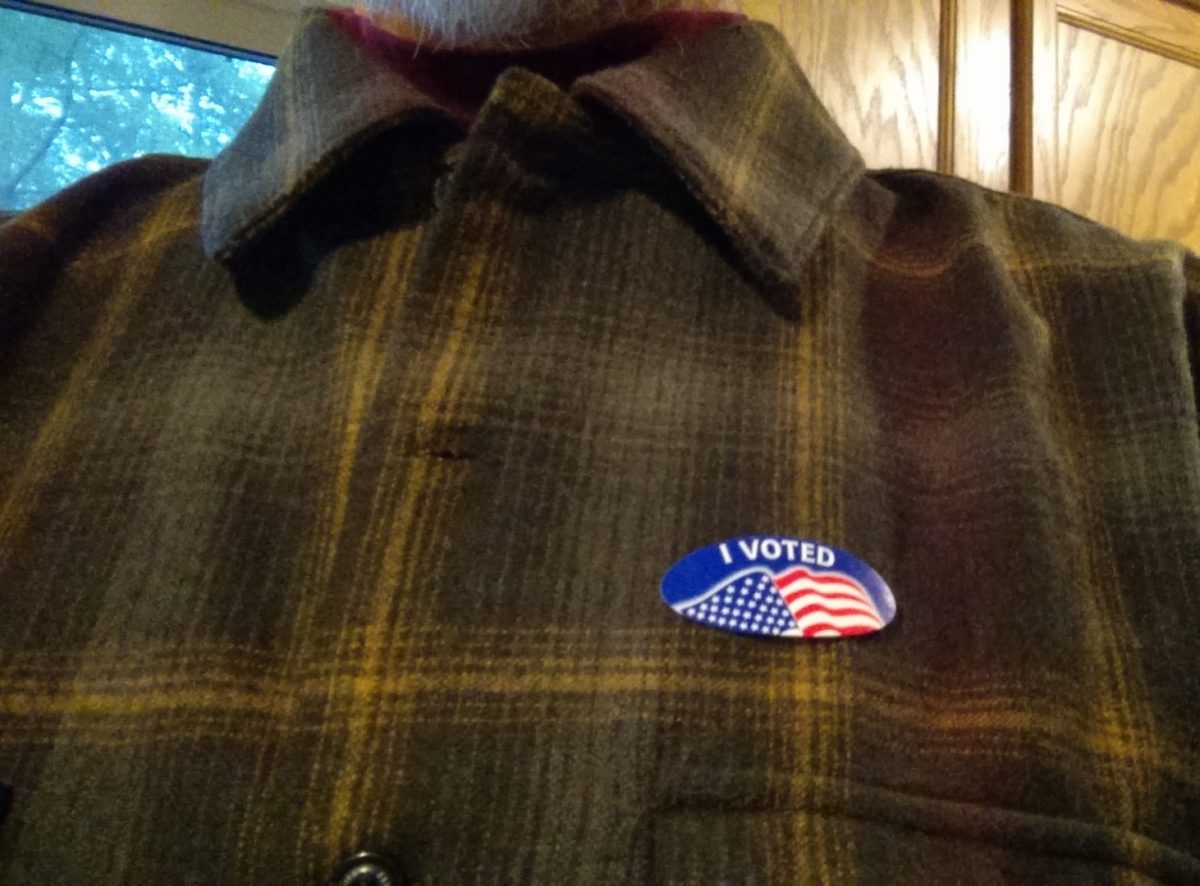For about a generation now the police in the U.S. have followed a general practice of escalating any confrontation, with the intention of escalating faster than the opposition can respond. This has saved lives, but I think we’ve reached the point where the negative consequences of this practice are becoming highly visible in a way that’s going to force changes.
The police still patrol in ones and twos the way they always did, but starting in maybe the 1970s they quit responding to confrontations that way. At the first sign of trouble, they’d call for backup. A confrontation with one person would be met by four or six officers. A confrontation with several people would be met by a dozen officers. A confrontation with an armed individual would be met by countless officers with rifles and shotguns.
In many cases this has no doubt saved lives. Certainly it has saved the lives of police officers, but it has probably saved the lives of suspects who were persuaded to surrender in the face of overwhelming force.
The problem with this tactic is that it’s obviously inappropriate in many circumstances. It’s basically a military tactic—hit with overwhelming force—and the general public views it that way and reacts with scorn (when used against people who are obviously harmless) together with either fear (when used against people like them) or shame (when they see it used in their name).
And that last, I think, is the change that’s going to make a difference: People feel shame when they see a rapid escalation to a disproportionate use of force done in their name, and they’re seeing it more in this age of smart phones.
So far when rapid escalation leads to uses of force that seem clearly unnecessary or disproportionate, and yet police officers face few or no consequences, people have been surprised. They shouldn’t be. The whole point is that these practices are codified in law and in the procedures the police departments follow. When the police rapidly escalate a confrontation they aren’t doing anything illegal, and they aren’t violating police department policies.
And those things—laws and procedures—are what need to change. Fortunately, in a democracy, when the public decides something ought to change there is a real chance of change forthcoming.
So, what do we do instead? We can go back to what policing ought to be—attempting to deescalate confrontations, reserving escalation for cases where public safety really requires it.
There are many instances where violence is a possible result—where somebody is angry or drunk or stoned or stupid or having a psychotic break or just a really bad day. In many instances violence could be avoided with deescalation.
For a very long time—as long as there has been government, right up until recent decades—escalation had to be slow, because the communication options and the manpower available didn’t allow for rapid escalation. There tended to be one representative of the government—a sheriff or tax collector—who kept order largely through moral suasion, together with having some call on overwhelming force (in the form of a posse or a platoon of redcoats or something). Unless a situation was such that calling in the marines would be appropriate, it pretty much had to be handled through deescalation rather than escalation.
Many of the lives saved by rapid escalation are police officers’ lives. Many of the people who will be saved through deescalation are not especially sympathetic—the petty criminal, the drunk, the mental patient, the burly man who is developmentally disabled. But others are, and we’re beginning to see the losses as part of a pattern, rather than as a series of unfortunate incidents.
When a guy has a stroke at the wheel of his car, manages to stop it, but is unable to respond to a police officer’s instructions (“Show me your hands! License and registration! Get out of the vehicle!”), what is the police officer’s appropriate response? Knowing the situation, obviously calling an ambulance. But under current polices there’s far too much chance that the guy will be dragged out of his car, roughed up, and dumped in the drunk tank until brain damage from the stroke is irreversible. Or, if he doesn’t have white skin, very possibly shot instead.
Now that we’re seeing people die at the hands of the police, and now that we’re hearing the testimony that these killings are legal and are in accordance with police department policy, we may finally see some changes in the laws and the policies.
Because that, rather than feelings of anger or shame, is what will make the difference.
A shift to deescalation will probably mean that people will die who might have lived. But people are dying now. People will die either way. A shift to deescalation may mean fewer people will die. It will almost certainly mean that fewer people will be shamefully killed in my name.

